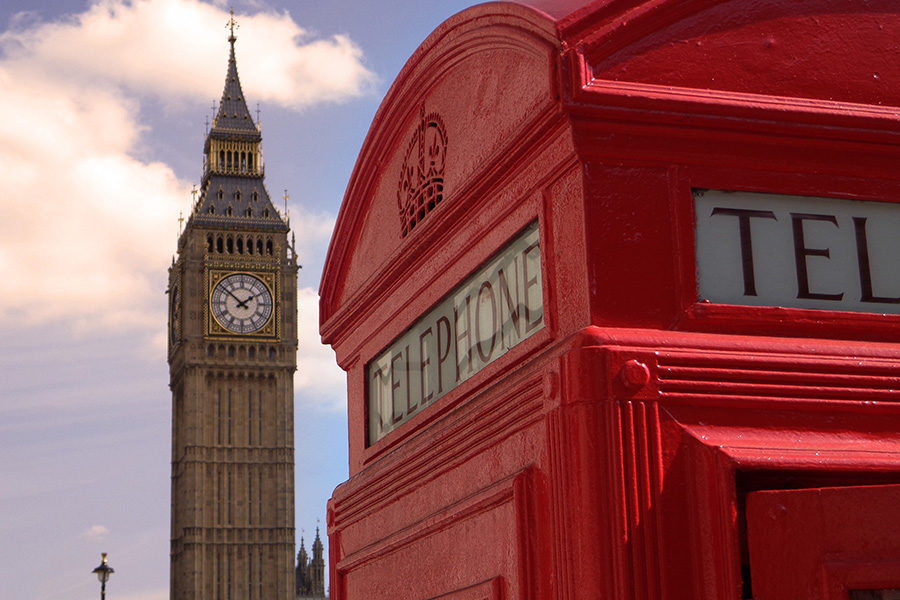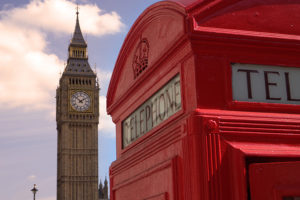Gambling Commission proposes suicide disclosure requirement for licensees

The British regulator has also proposed an expansion of GAMSTOP to cover all betting licensees.
UK.- The British Gambling Commission has opened a consultation on three proposed changes to requirements that must be met by gambling licensees. They cover an expansion of GAMSTOP and “suicide disclosures”.
The first proposed change is the expansion of the GAMSTOP self-exclusion scheme to more categories of licensees to cover all betting operators, including those that accept bets by telephone and email. This would entail an update to the Gambling Commission’s Social Responsibility Code on Remote multi-operator self-exclusion duties.
Second up, the regulator proposes that licensees be required to inform it when they become aware that a customer who has gambled with them has died by suicide. Such suicide disclosures would become a reportable event under operators’ LCCP duties. Finally, the regulator proposes new technical requirements to update its Payment Services Regulations (PSR).
The consultation will remain open until Tuesday May 23 and is not related to the ongoing delayed review of gambling legislation being conducted by the Department of Culture, Media and Sport (DCMS).
It said: “At present, we consider it highly unlikely that the Review would affect the proposals in this consultation, and we consider that it is desirable to make progress on these topics in the interim. We will, of course, take account of the Government’s White Paper when it is available.”
The white paper was due a year ago and the government has been saying that it will be published “in a few weeks” since mid-2022. For now, nobody is in charge of the matter, after Paul Scully, the fifth gambling minister in two years was moved to another post following a restructuring of the DCMS.
British problem gambling remains at record low
Earlier this week, the Gambling Commission reported that problem gambling in Britain remained at a record low of 0.2 per cent for 2022 as a whole. The results of its latest quarterly telephone survey suggest a drop in the problem gambling rate from 0.3 per cent in the previous year.
The number of gamblers at low risk remained at 1.7 per cent for the quarter ended December 31. There was, however, a “significant rise” in the number at moderate risk, from 0.8 per cent to 1.3 per cent.









